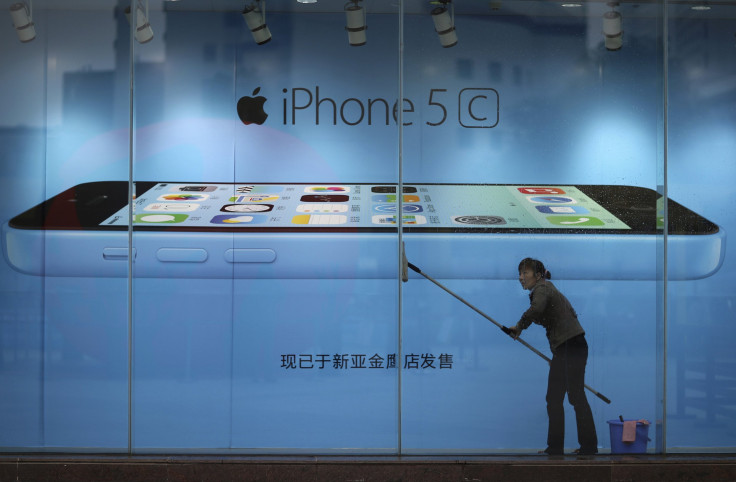China's Smartphone Shipments Drop In Q4, Signaling Harder Times For Apple Inc. (AAPL) And Samsung Electronics Co., Ltd. (005930)

China’s total smartphone shipments in the fourth quarter slipped 4 percent from the third quarter, a signal that the already fiercely competitive market may get tougher still for the domestic companies and foreign smartphone makers like Apple Inc. (NASDAQ:AAPL) and Samsung Electronics Co., Ltd. (KRX:005930).
According to the latest data from research firm IDC, 90.8 million handsets were shipped in the latest quarter, down from 94.8 million in the third quarter. It is the first time shipments dropped in the Chinese market in more than two years, the Wall Street Journal reported on Thursday, and may mean harder times in China, the world’s largest smartphone market that has shown prolonged explosive growth.
"This is the first hiccup we've seen in an otherwise stellar growth path," IDC analyst Melissa Chau wrote in a note. "We are now starting to see a market that is becoming less about capturing the low-hanging fruit of first-time smartphone users and moving into the more laborious process of convincing existing users why they should upgrade to this year's model.”
A more optimistic cause for the slowdown may be that customers are waiting for China’s big three carriers, China Mobile (NYSE:CHL), China Unicom Limited (NYSE:CHU) and China Telecom Corporation Limited (NYSE:CHA), to upgrade their networks to fourth generation, analysts say. But the drop in sales also mirrors a slowdown in the growth rate of international penetration, and a majority of the Chinese smartphone market has already been tapped, according to the Wall Street Journal.
More widely speaking, China’s economic slowdown could also be negatively impacting domestic consumption and consumers’ willingness to spend on big-ticket items like smartphones, and the period of booming growth in China’s smartphone market may be over.
The smaller and smaller proportion of the market that has yet to be reached means smartphone companies like Apple and Samsung will be feeling more price pressure, as companies must develop strategies to appeal to rural users who have not switched to smartphones. Domestic firms offering cheaper models may prove more adept than global giants.
"The part of the population that has not yet adopted smartphones at all is a much lower income level," said Mark Natkin, the managing director of Marbridge Consulting, a market research firm based in Beijing, according to the Wall Street Journal. The next bumps in smartphone growth in China will likely come with the wide release of handsets that work on new fourth-generation networks, and then with the release of cheap smartphones that run on the network.
© Copyright IBTimes 2025. All rights reserved.





















